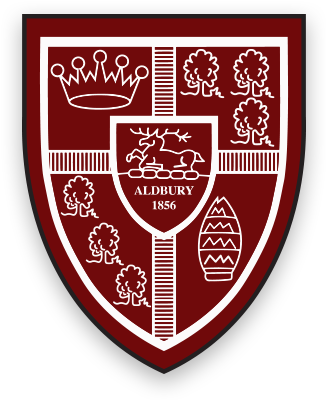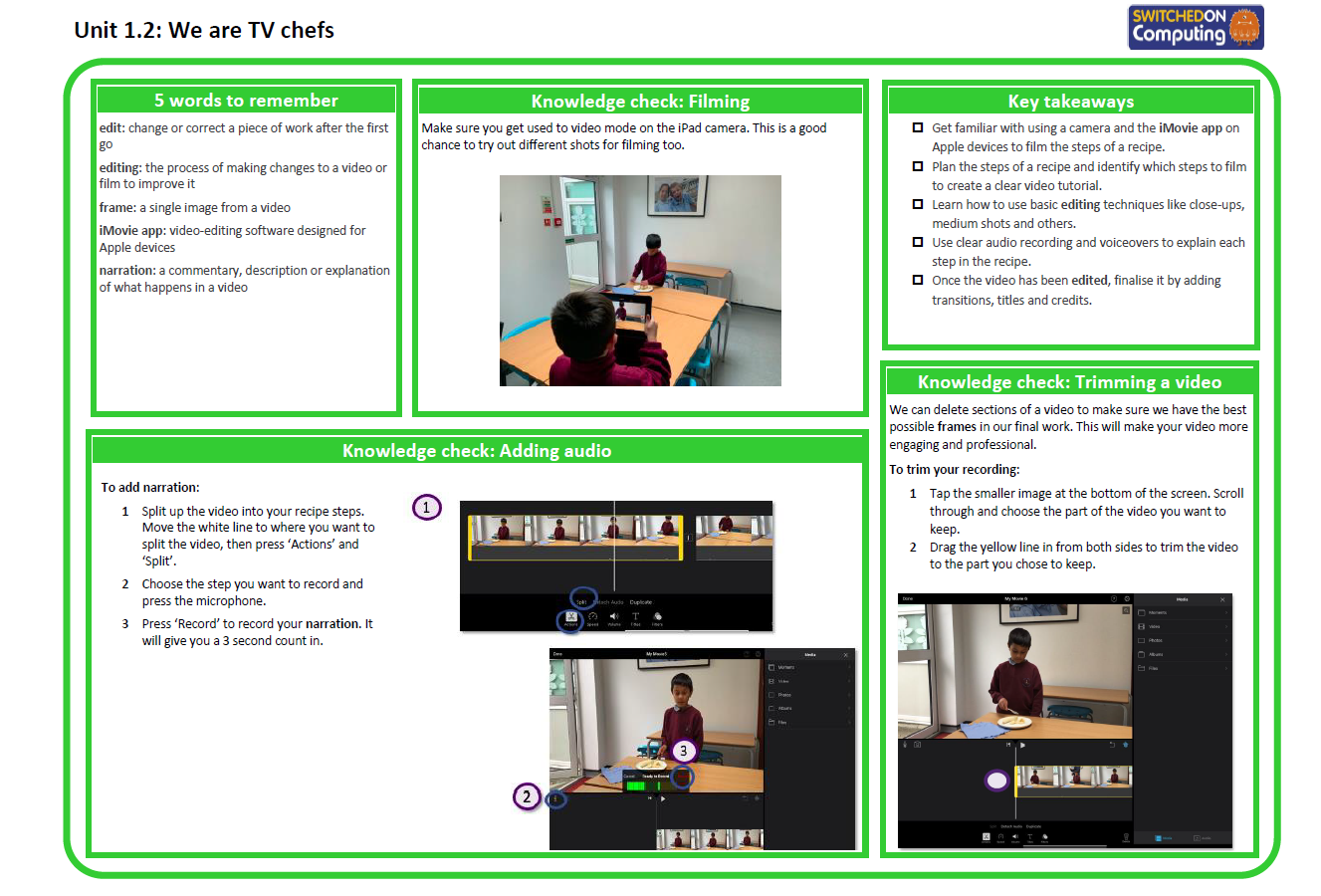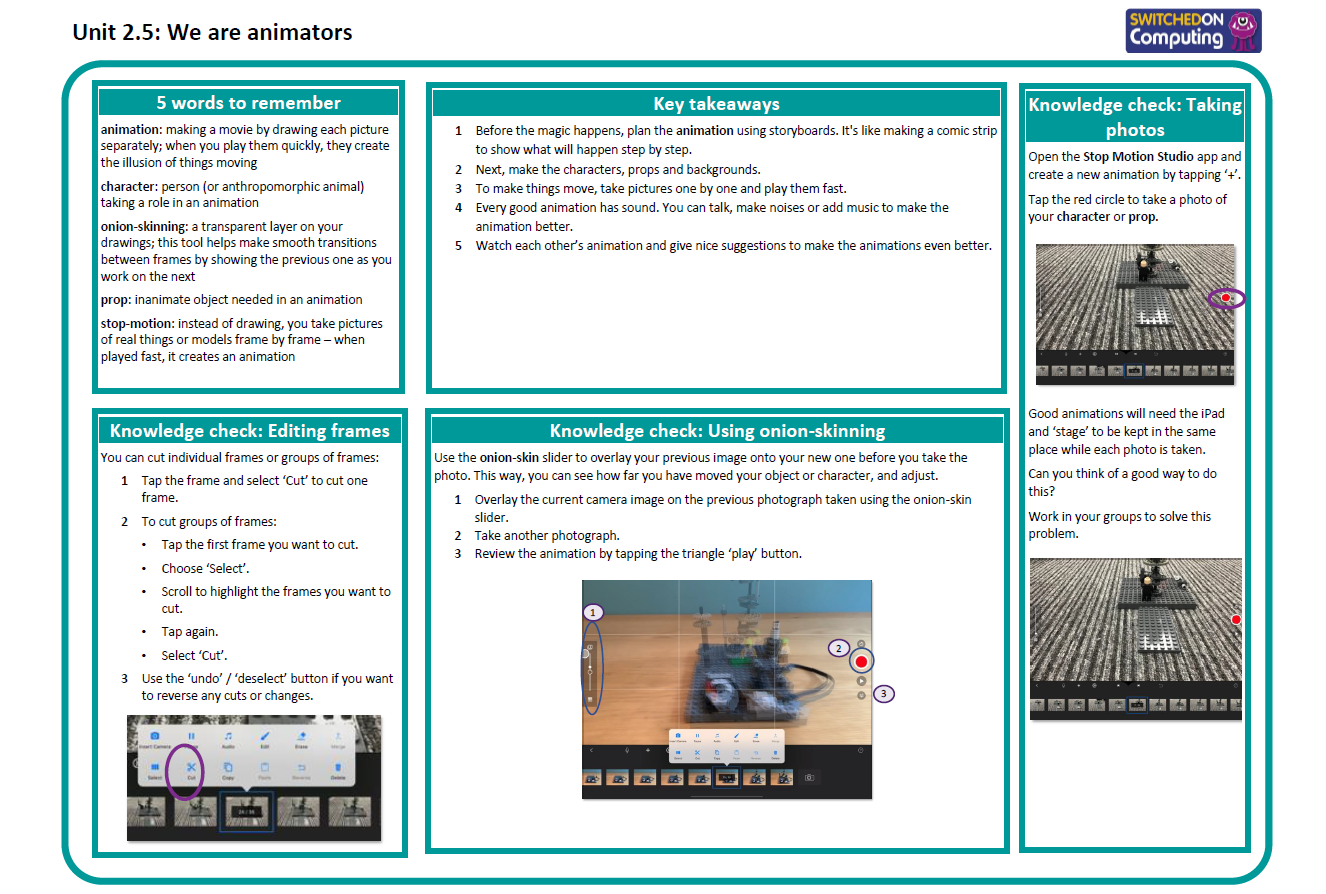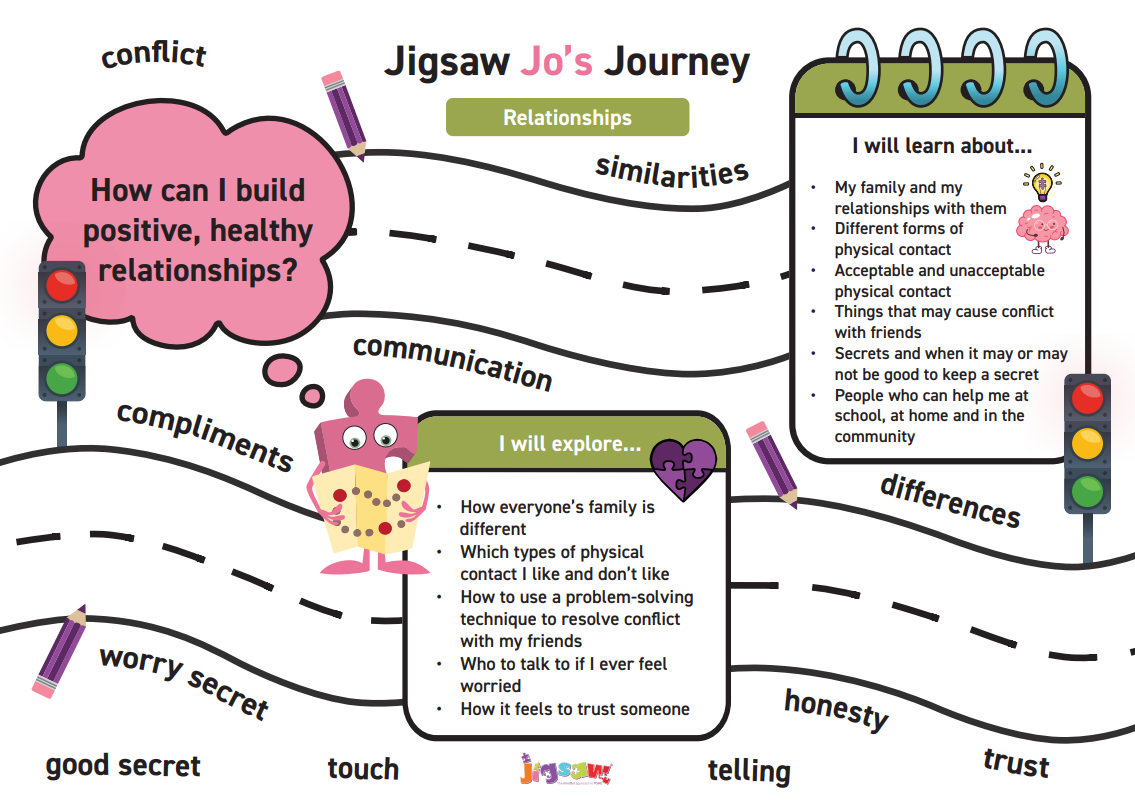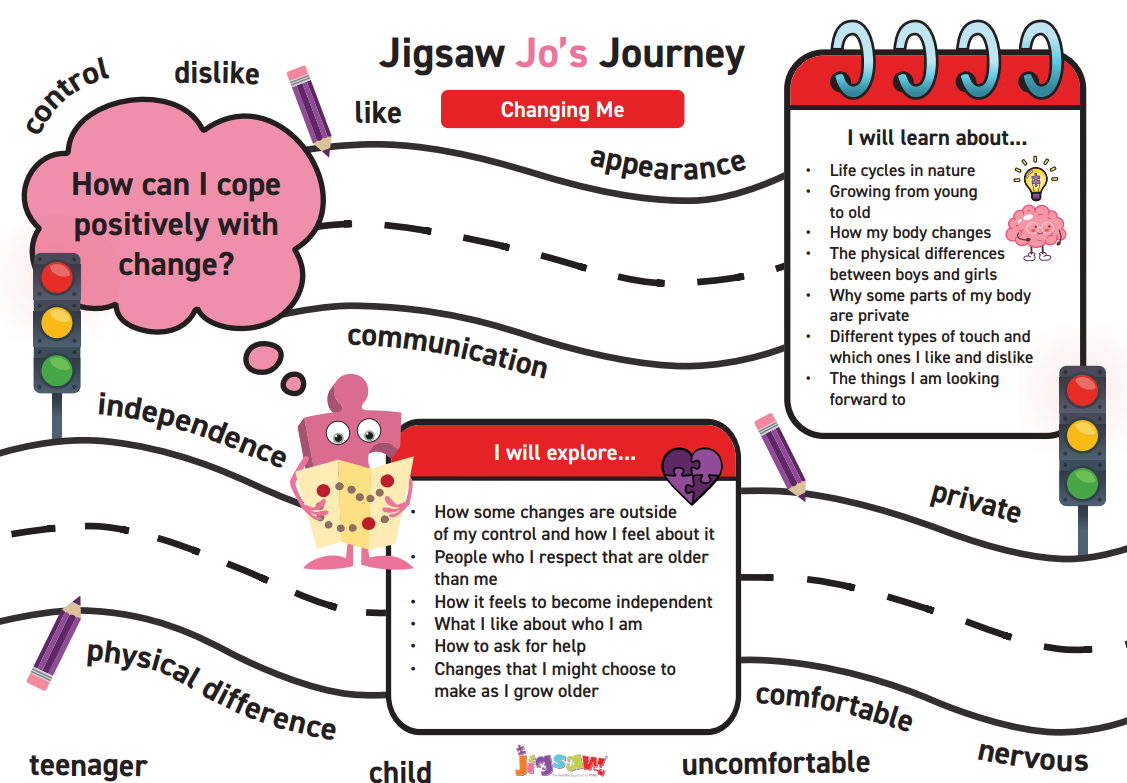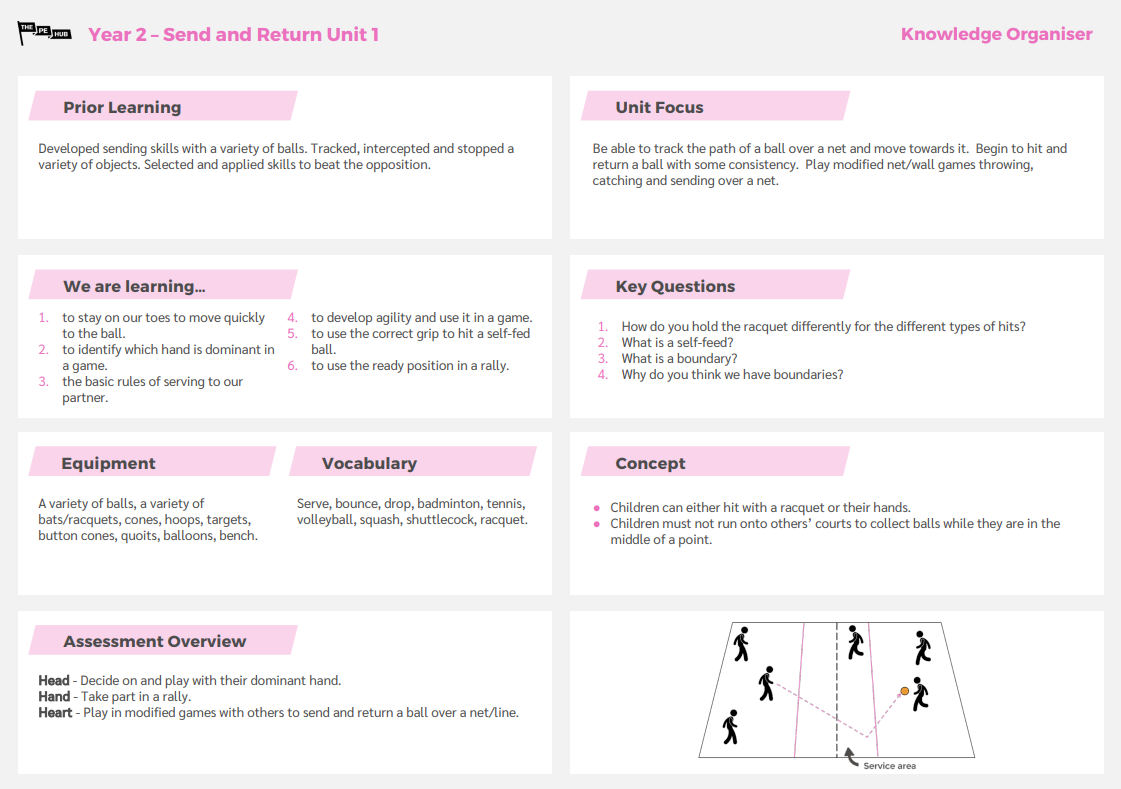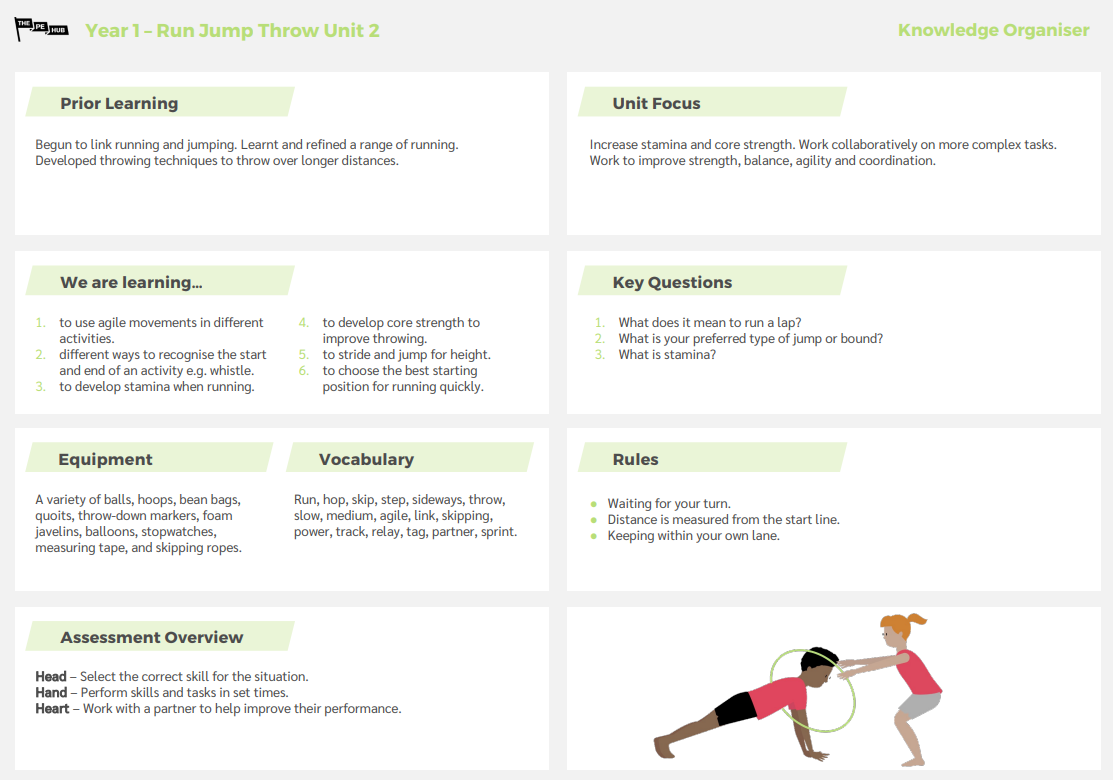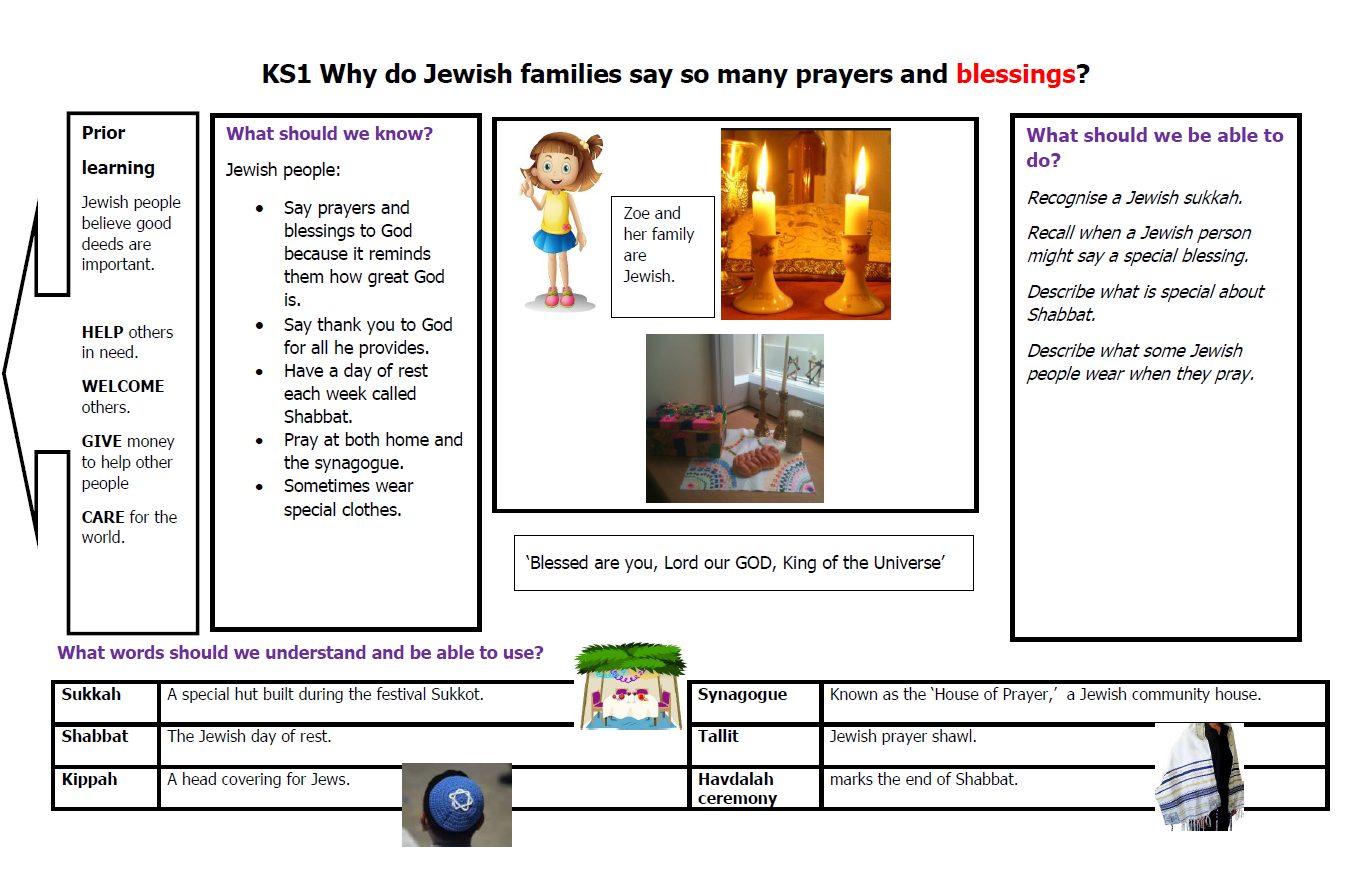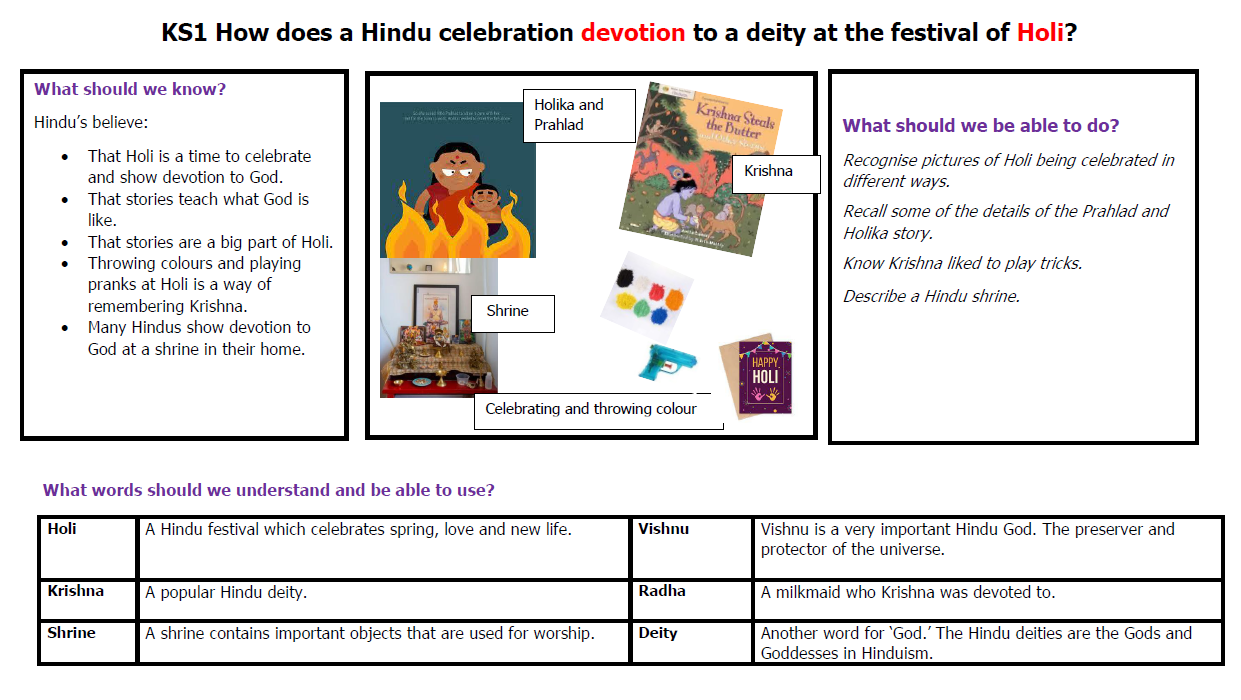Summer Term 2025
English
This Summer term, our pupils will embark on a literary journey through four engaging units. Beginning with Lost and Found by Oliver Jeffers, children will develop their narrative writing skills by creating their own 'losing/finding' stories. They will learn to ask questions, use descriptive adjectives, and retell stories using past tense verbs. They will also explore imperative verbs for instructions and learn to sequence events, potentially creating a 'How to be a Pirate' guide and their own lost and found narratives.
Moving on to The Magic Bed by John Burningham, the focus shifts to fantasy and imaginative writing. Children will make predictions, use expanded noun phrases for setting descriptions, and learn about proper nouns. They will sequence story events and use adjectives and adverbs to enhance their own fantasy narratives, culminating in writing their own magical adventure story.
Next, pupils will delve into history with The Great Fire of London. They will research London landmarks and compare past and present London using different tenses. Activities will include creating persuasive posters, writing speech bubbles and diary entries from the perspective of Londoners, giving advice in speeches, and creating a fact file about the event, leading to their own information booklets.
Finally, inspired by Rosie Revere, Engineer by Andrea Beaty, children will explore the world of inventions and explanations. They will learn to use conjunctions to give reasons, write short explanations in the present tense, and use a range of verbs to describe processes. They will also create advertisements using different sentence types, write letters of advice using commands, describe inventions using noun phrases, and write their own explanation texts.
Computing
The unit for the first half term is, 'We are detectives', pupils learn about databases. Using pirate data, they explore how information is structured into records and fields. They organise this data using cards and a computer program. They also input data into a spreadsheet and use filters to find specific information. This helps them solve clues and understand how computers manage data, including discussions on online privacy.
After half term the unit is, 'We are animators', children will learn about creating stop-motion animations. They will plan their animations using storyboards and make their own characters and backgrounds. Pupils will film, edit, and add audio to their animations using appropriate software. Throughout the unit, they will review each other's work and give feedback, understanding how animation works.
Maths
This Summer term, Year 1 and 2 maths covers 5 blocks.
Money introduces recognising coins and notes, counting money in pence and pounds, combining pounds and pence. Children will learn to choose different combinations, compare amounts, make a pound, calculate with money, and find change.
Fractions begins with understanding parts and wholes, equal and unequal parts. It covers recognising and finding halves, quarters, and thirds. Children explore unit and non-unit fractions, find the whole from a fraction, learn about the equivalence of a half and two-quarters, find three-quarters, and count in fractions up to a whole.
Time includes learning months, days, hours, minutes, and seconds. Children will tell time to o'clock, half past, quarter past/to, and to 5 minutes. They learn about minutes in an hour and hours in a day and solve time-related problems.
Mass, Capacity and Temperature involves comparing mass using non-standard units, measuring mass in grams and kilograms, and solving problems with mass. Children compare volume and capacity and measure in millilitres and litres, applying operations to solve related problems. Temperature is also covered.
Position and Direction teaches positional language like left, right, above, below. Children describe movement (forwards, backwards, left, right) and turns (half, quarter, full, three-quarter), including clockwise and anticlockwise, combining these to describe journeys.
Music
We start the Summer term exploring the song 'Who stole my chickens and my hens?'. This unit is built around a fun song with easy to pick up lyrics and a lively melody. The song provides plenty of opportunities to practise beat work, rests, and explore the ‘skipty’ (dotted quaver-semiquaver) rhythm. As well as learning the song activities include learning a simple clapping game that can be played in pairs, creating body percussion patterns, and composing new lyrics. There are numerous games to accompany the song that can be found online that you can take into the playground.
Most children will be able to:
- Listen to and copy short rhythm patterns by ear.
- Mark rests in the song with actions, their voices, and instruments.
- Sing the rhythm of the melody accurately.
- Compose new lyrics and create short body percussion patterns to accompany the song.
- Play a partner clapping game while singing a song.
After half term the song changes to 'Come dance with me'. This lively warm-up song works well with movement and provides a good springboard into composing new lyrics and actions. The call-and-response nature of the song translates well into instrumental work, with pupils creating their own percussive responses and playing simple rhythm patterns on tuned instruments.
Most children will be able to:
- Copy call-and-response patterns with voices and instruments.
- Echo sing a line independently with teacher leading, then move on to pair singing in echo format.
- Create musical phrases from new word rhythms that children invent.
- Sing either part of a call-and-response song.
- Play the response sections on tuned percussion using the correct beater hold.
Personal, Social and Health Education (PSHE)
The first half term, sees us explore the topic Relationships. In Years 1 and 2, children will begin to understand the importance of honesty and trust in friendships. They will learn that telling the truth helps people feel safe and secure, while keeping secrets—especially ones that make them feel uncomfortable—is not okay. Through stories and discussion, children will be encouraged to talk about their feelings, recognise when something doesn’t feel right, and know that it’s always okay to speak to a trusted adult. The unit helps build confidence in knowing how to make safe and kind choices in their relationships with others.
After half term we move on to explore the topic Changing Me. In Years 1 and 2, children begin to learn about how their bodies belong to them and that some parts of the body are private. They will discuss the importance of privacy, personal boundaries, and the difference between safe and unsafe touch in an age-appropriate and sensitive way. The unit also encourages children to celebrate what makes them unique and to understand that everyone has different interests, regardless of whether they are a boy or a girl. Children will be supported to talk openly, ask questions, and know when and how to seek help from a trusted adult.
Physical Education (PE)
In the summer term, Class 2 will enjoy a variety of exciting PE activities designed to build their skills, confidence, and enjoyment of physical activity. They will take part in Sports Day practice, preparing for the big event with a focus on teamwork and fun. Sessions led by the Game On team will help children develop their passing and receiving skills. They will also explore Send and Return games, as well as a Run, Jump, Throw unit, which builds agility and coordination. In addition, Year 1 will take part in Forest School during the first half of the term, promoting outdoor learning and physical exploration.
Religious Education (RE)
This half term, children in Years 1 and 2 will be learning about Judaism, focusing on the theme of Creation and Blessings. They will explore how Jewish families show their thankfulness to God through prayers and blessings said throughout the day. Children will learn that Jews believe God created the world and that saying blessings is a way of showing gratitude for all that God has provided. The topic will help children understand the importance of being thankful, recognising special moments, and appreciating the world around them, just as Jewish families do in their daily lives.
After half term, children will be learning about Hinduism, focusing on the theme of Ahimsa—the principle of non-violence and respect for all living things. They will explore how Hindus show devotion to their deities, particularly during the vibrant and joyful festival of Holi. Children will learn how this festival celebrates the victory of good over evil, and how acts of devotion, such as prayer, music, dancing, and the throwing of coloured powders, are all ways Hindus express their love and respect for the divine. The topic also encourages children to think about kindness, respect, and living peacefully with others.
Science
This term in Science, children in Years 1 and 2 will explore a range of exciting topics. Throughout the year, they will observe and describe seasonal changes, including weather patterns and how day length varies across the four seasons. They will also take part in a Recyclable and Renewable Materials unit, developing key scientific enquiry skills as they investigate how materials are used and reused. Finally, the children will learn about Scientists and Inventors, discovering how scientific ideas have changed our world and inspiring them to think like scientists themselves through hands-on investigations and problem-solving.
